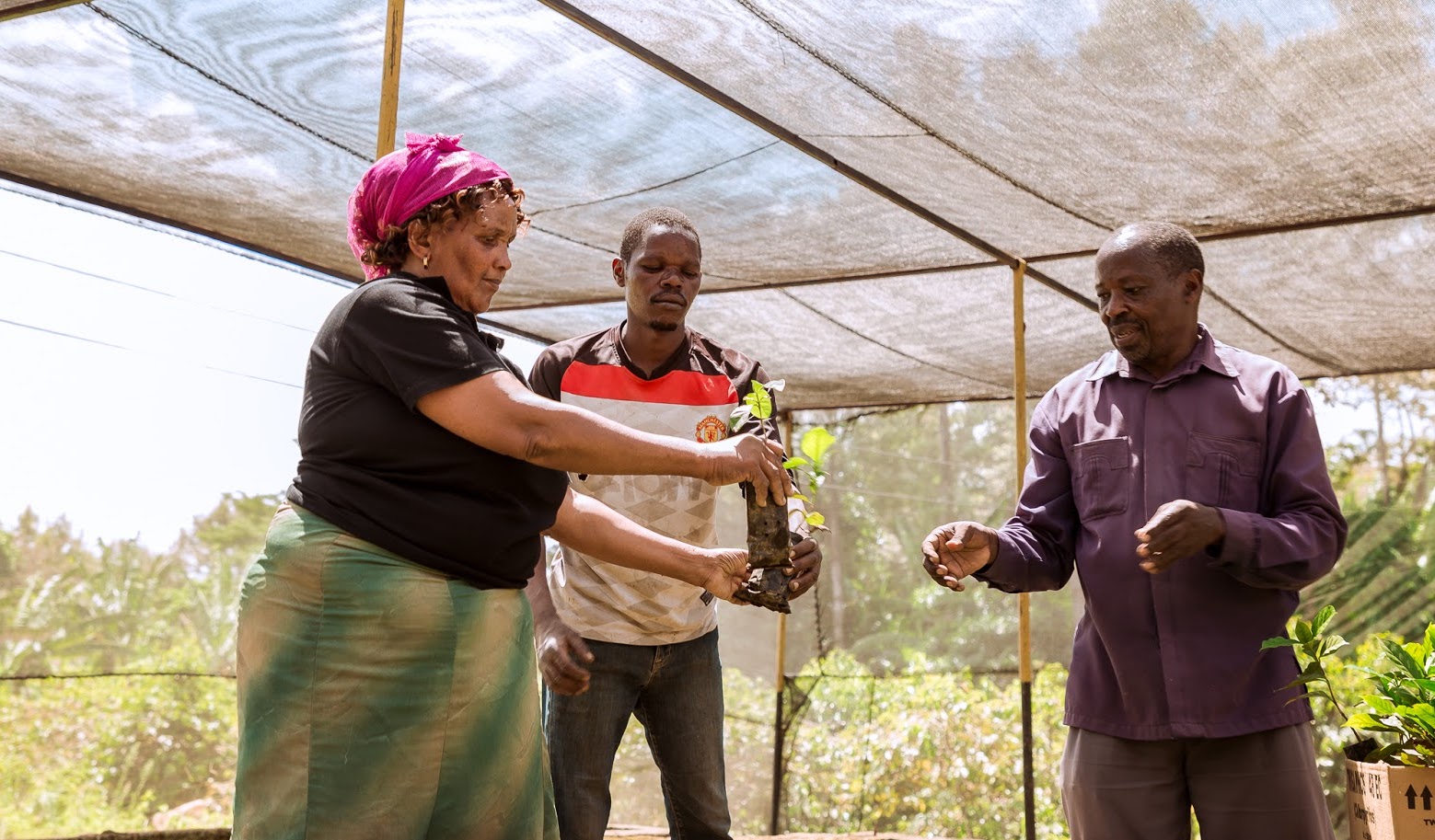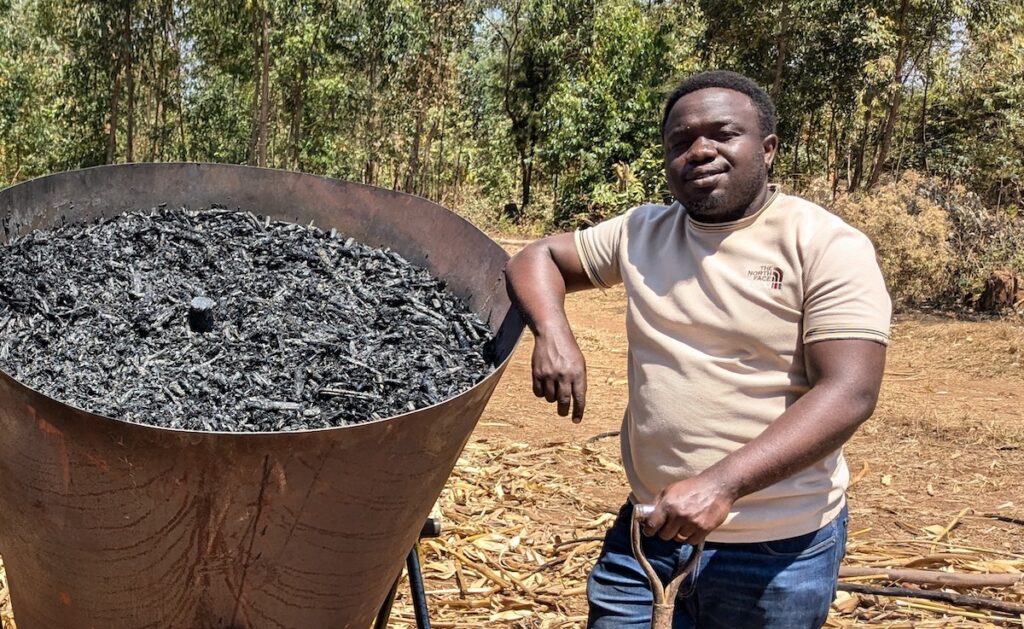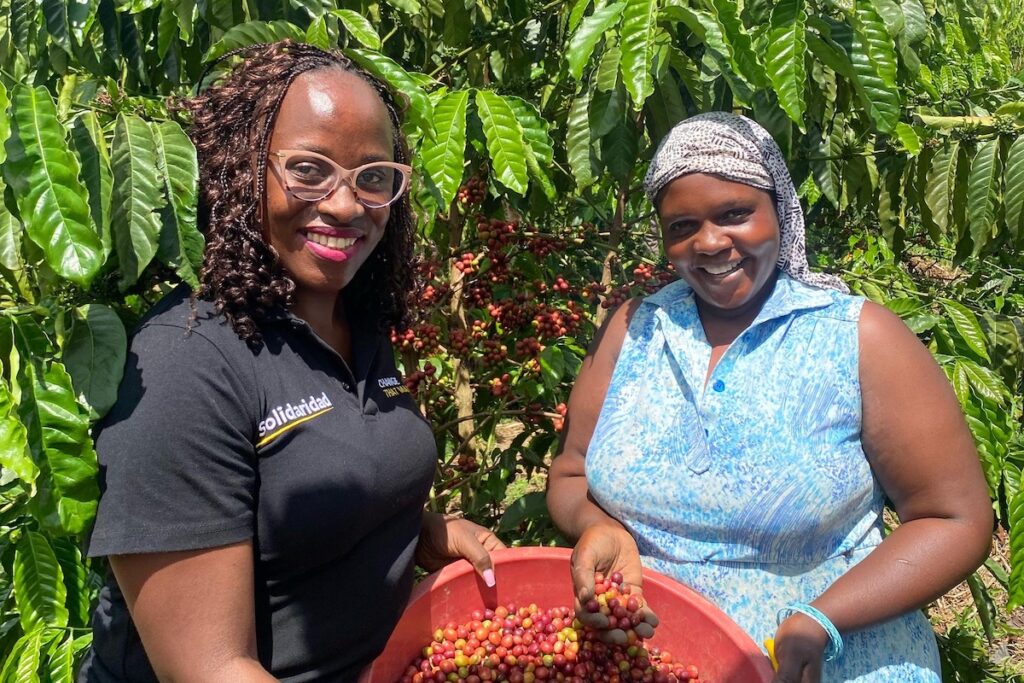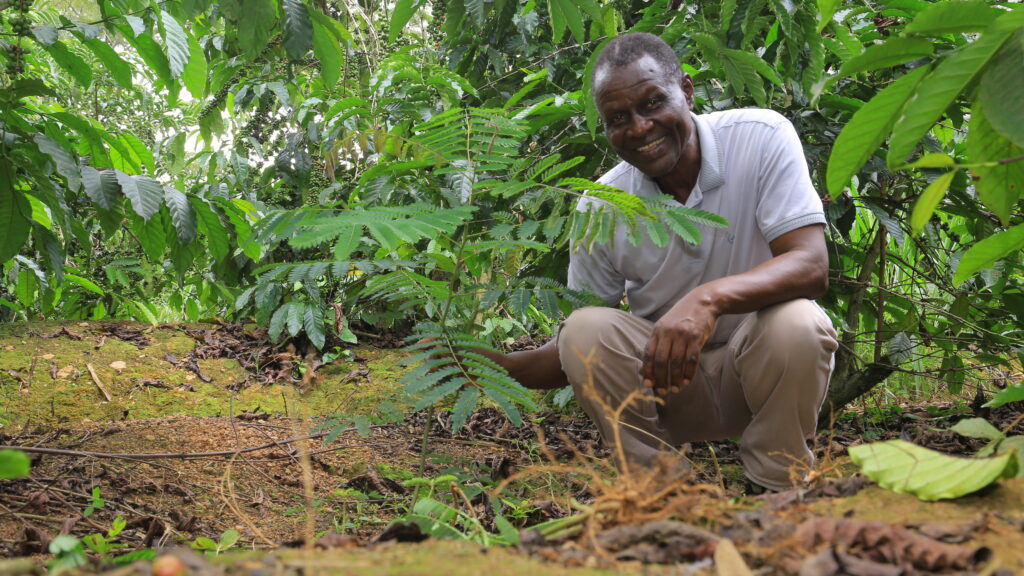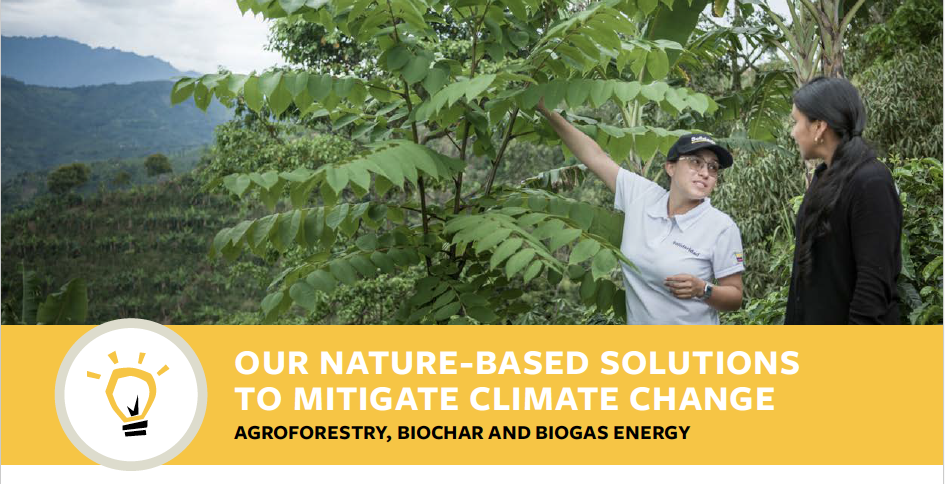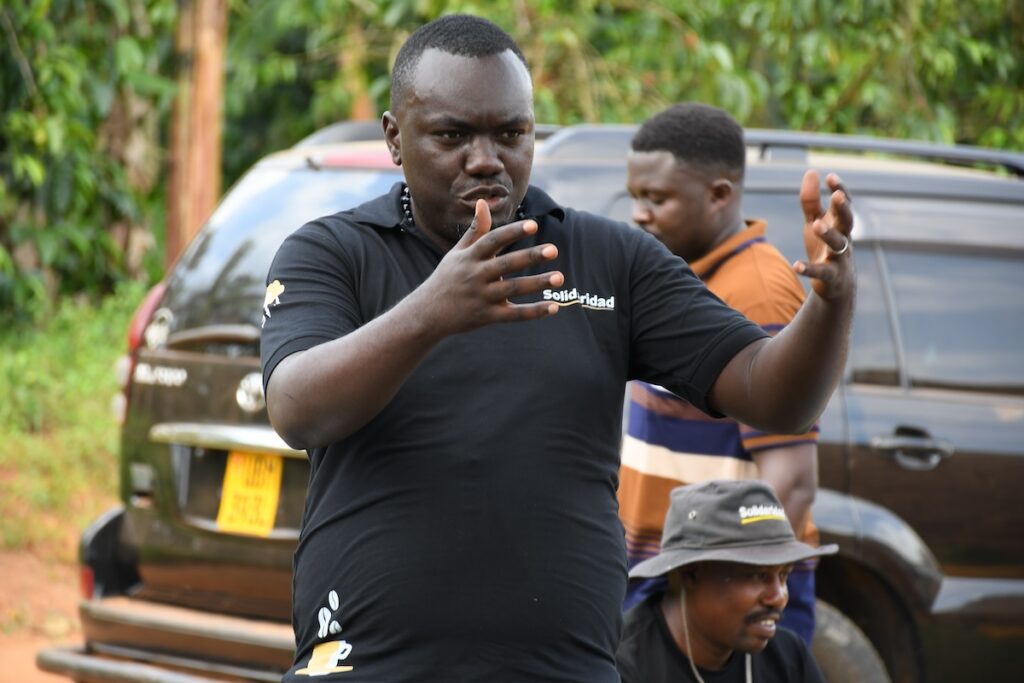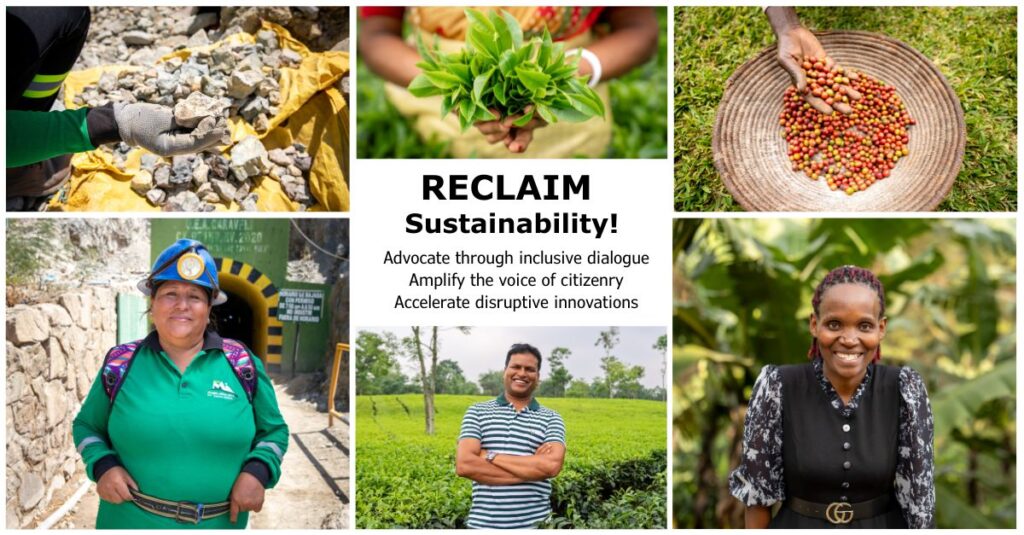“To accelerate women’s leadership we must embed solutions in the hands of women,” says Rachel Wanyoike, Managing Director of Solidaridad East & Central Africa.
The impacts of crises such as war, drought and natural catastrophes are never gender-neutral, and Covid-19 has not been an exception. With Covid-19 came massive job losses, loss of livelihoods, and shrinking economies, which disproportionately affected women globally. According to UN Women, the pandemic is expected to widen the gender poverty gap and push about 47 million women into extreme poverty. Women also reported increased domestic work and unpaid care.
Against this background, the United Nations Global Compact hosted a panel discussion to increase awareness on the current state of affairs regarding the role of women and women leadership in the private and development sectors. The dialogue on June 16, 2021 brought together global thought leaders with the aim of linking diverse sector players with like-minded thinking, facilitating learning, and inspiring partners to take concrete action to accelerate women’s leadership and representation post-Covid.
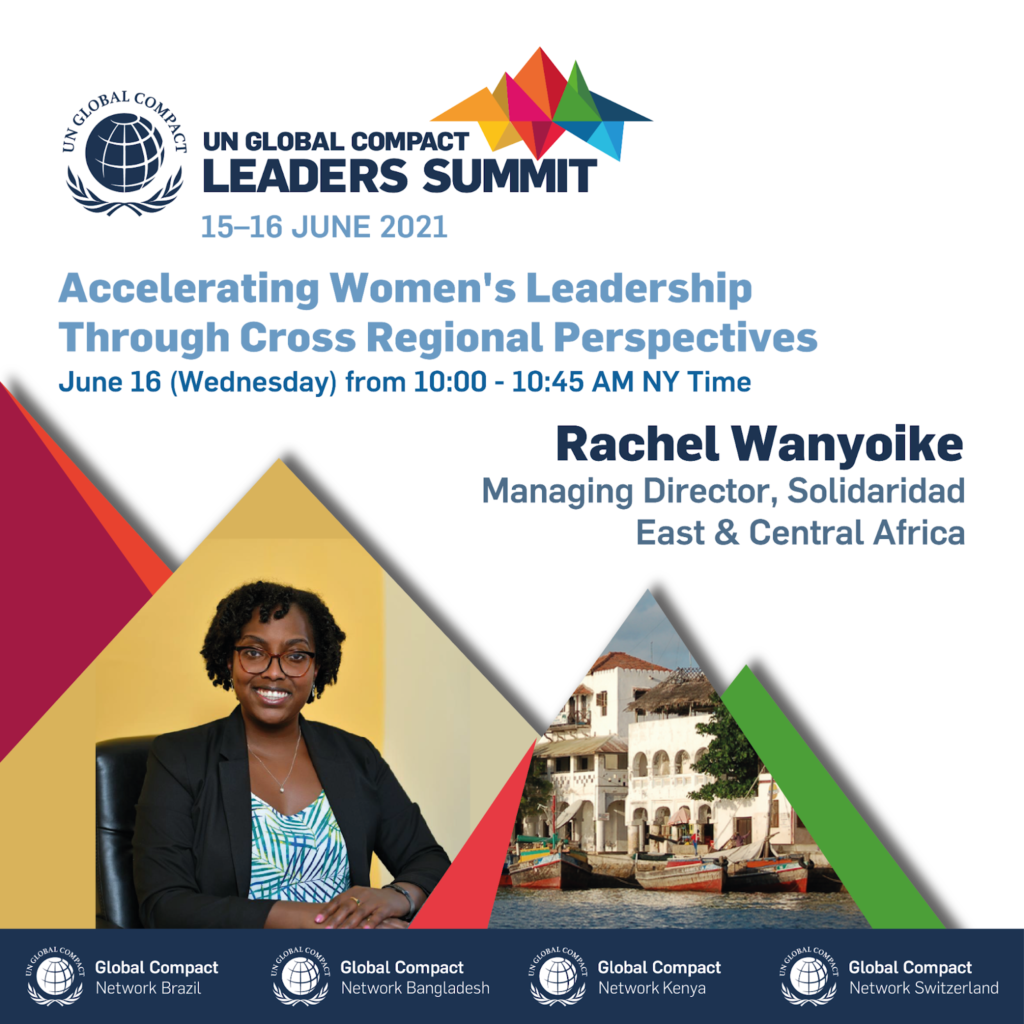
A Call to Reset, Re-Invest and Re-Evaluate
Globally, Covid-19 has presented unprecedented challenges to local and global agriculture supply chains and communities. These challenges have led to the roll back of decades-worth of gains realized by different sectors in mainstreaming women’s leadership, participation, economic empowerment and welfare.
The degree of disruption witnessed in our local and global supply chains have shown us that they are not working as effectively as we would hoped. More than ever, we need to collectively rethink; develop new opportunities and create value to enable businesses (including women-led and owned) to innovate, develop resilient competencies, and open up access to new markets and opportunities.
Rachel Wanyoike, Managing Director for Solidaridad East & Central Africa
Creating Capacities to Drive Local Solutions
Based on our over 50 years of experience in building sustainable supply chains, Solidaridad recognizes the critical role of women in supply chains especially in sub-Saharan Africa. We promote the position and participation of women in supply chains through a holistic approach that focuses on inclusion in production, consumption, trade, and export. In our work, we strive to place women at the centre of driving ‘inclusive supply chain development’.
“We are working with women at all levels – from business to communities – to nurture their capacities. Our goal is to equip them with practical knowledge, technologies, and skills to enable them lead in the design and implementation of sustainable and practical solutions to address their challenges,” Ms. Wanyoike stated
Practical Solutions Fit for Local Realities
To effectively influence positive change, Solidaridad continues to align its gender and inclusivity interventions with evidence-based strategies. Globally, our gender and inclusivity efforts are guided by various policies including our Gender Inclusivity Buckets Book. This strategy guides our overarching efforts towards achievement of the United Nations Sustainable Development Goal (SDG) 5. The Gender Inclusivity Buckets Book also offers a basis for translating solutions to the local realities of the communities that we serve.
“Our strategy offers a holistic outlook that includes gender inclusivity buckets to ensure equal participation and contribution of women and men in value chains through our programming,” Ms. Wanyoike noted.
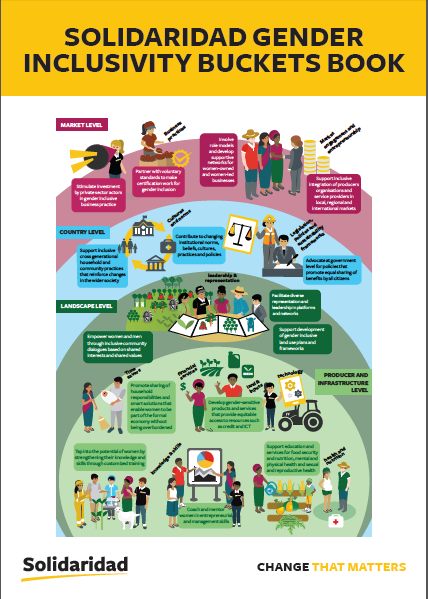
Solidaridad is championing practical solutions – business methodologies and models, ideas and frameworks – to lay strong foundations for sustainable but importantly, inclusive supply chains. Our human-centered approach to inclusivity gives a sharp focus on the creation of context-specific solutions. This approach entails tailoring solutions that create an enabling environment for women to participate in leadership, decision making, policy influencing, markets and benefit from productive resources and an equal share of benefits across the supply chains. Our interventions hinge on several tools – a gender business case development, our Gender ABC, and our Gender Inclusivity Buckets. Anchored within our ‘buckets’ are different gender and inclusivity solutions to foster gender inclusivity.
“As part of our tailored support, we support women to acquire the relevant knowledge and skills, access technology, financial services, as well as promote their representation and leadership in various platforms and networks. Our efforts are aimed at addressing the barriers to women’s leadership and participation,” Ms. Wanyoike revealed.
A Rallying Call for Sustained Collaboration
As an organization, Solidaridad accelerates high potential business ideas and opportunities as part of fostering leadership and gender diversity at both the local and regional levels. We seek to amplify the voices of women by improving their access. In all our work, we remain committed to building strategic partnerships and enhancing collaboration with diverse stakeholders to ensure that gains are realized, sustained and upscaled.
“Strategic collaboration is a key driving force for mobilizing collective action to support the attainment of SDG5. Over the years, we have committed to partner with our partners to drive change. In addition to understanding the needs of our local communities, we deliberately work to develop solutions for them, but most importantly with them!” Ms. Wanyoike says.
To Accelerate Women’s Leadership we Must Embed Solutions in the Hands of Women
Rebuilding supply chains post-Covid requires a holistic approach that addresses the existing and emerging issues. To enable more women to reclaim their position from a social, economic and leadership perspective, stakeholders must make strategic investments in interventions that embed solutions within the hands of women.
“Our focus is on creating sustainable change and we are doing this by developing solutions with women and ensuring that they understand their own needs and what they need to do to realize their goals,” Ms Wanyoike concluded.
About the Accelerating Women’s Leadership through Cross Regional Perspectives Dialogue Session
The United Nations Global Compact Leaders’ Summit was held on 15th to 16th June 2021. The panelist for the “Accelerating Women’s Leadership through Cross Regional Perspectives” dialogue session included Rachel Wanyoike, the Managing Director, Solidaridad Eastern and Central Africa and other global leaders Nilufer Demirkol, Global Head of Diversity and Inclusion Nestlé, and Denise Hills Global Sustainability Director Natura & CO. It was moderated by Dr. Fahmida Khatun, Executive Director Centre for Policy Dialogue (CPD) Bangladesh. The session was hosted by Global Compact Network Kenya, Global Compact Network Brazil, Global Compact Network Bangladesh and Global Compact Network Switzerland & Liechtenstein.

